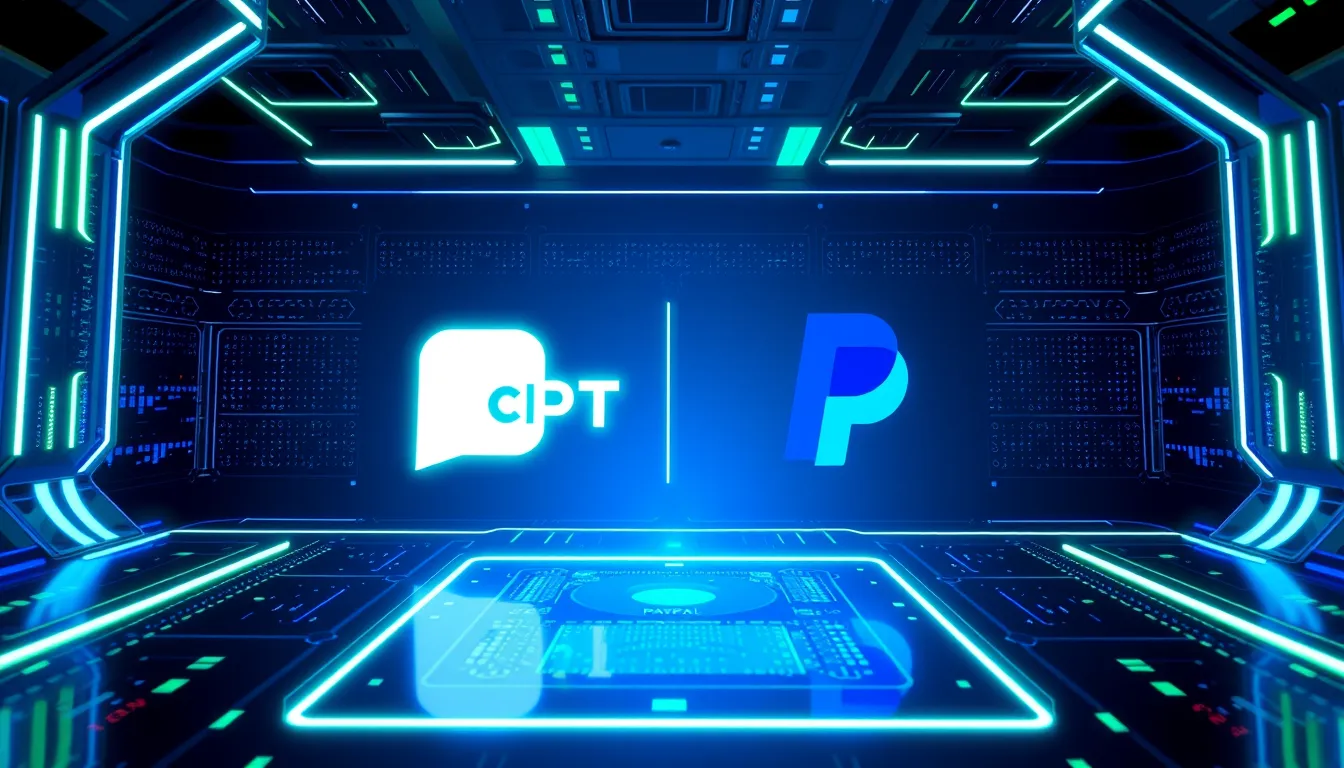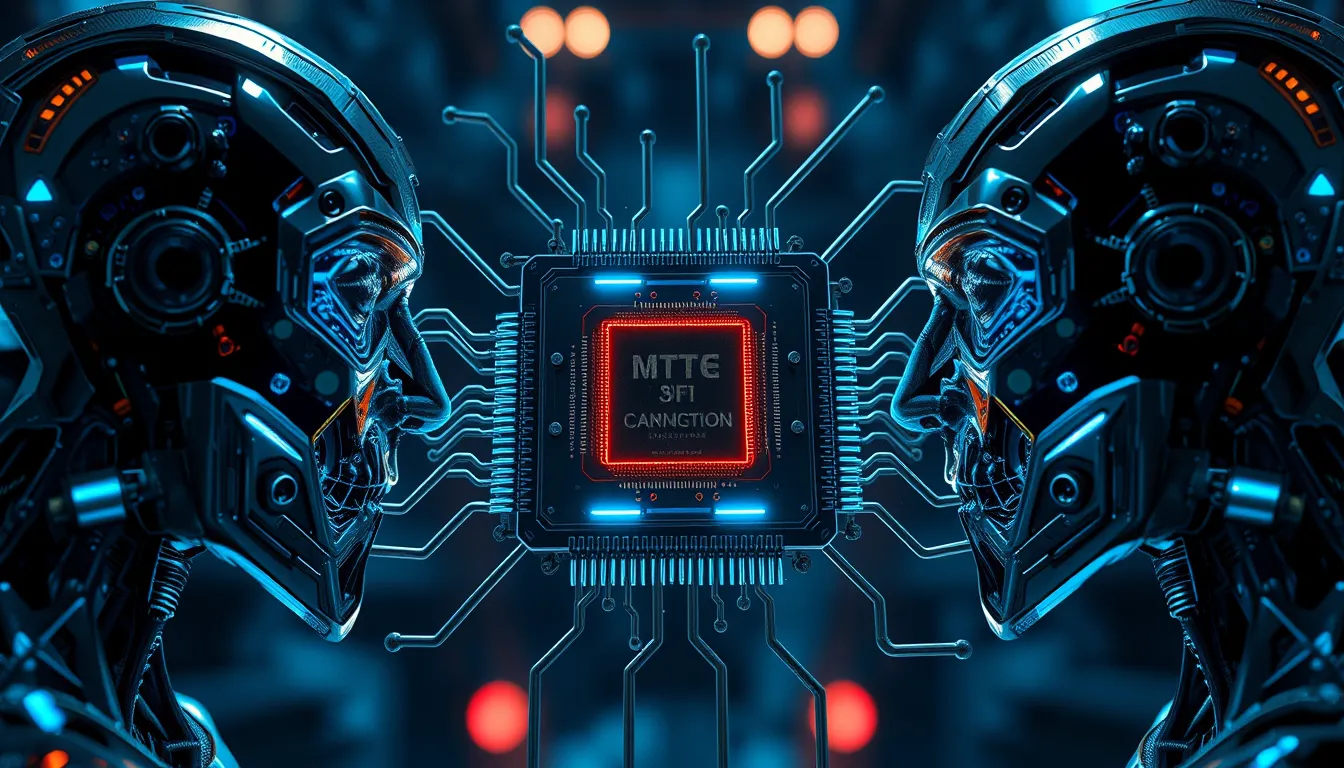Now Reading: Powerful AI in Healthcare Diagnostics: Transforming Patient Care
-
01
Powerful AI in Healthcare Diagnostics: Transforming Patient Care
Powerful AI in Healthcare Diagnostics: Transforming Patient Care

Powerful AI in Healthcare Diagnostics: Transforming Patient Care
In today’s rapidly evolving medical landscape, the integration of artificial intelligence (AI) in healthcare diagnostics is not only a powerful innovation but a necessary evolution. This transformation is redefining how clinicians approach patient care and medical imaging assessments. In this article, we explore the multifaceted benefits of AI in healthcare diagnostics, its impact on patient outcomes, and its future potential in revolutionizing disease prediction.
The Rise of AI in Healthcare
Artificial intelligence has emerged as a critical tool in the healthcare industry. With growing reliance on digital data, hospitals and clinics are leveraging AI algorithms to increase diagnostic accuracy and provide more personalized treatment plans. AI in healthcare diagnostics is gaining popularity due to its ability to analyze large datasets quickly, reducing human error and streamlining processes. Hospitals that adopt these technologies experience improved workflow and better patient experiences.
Key factors driving the adoption of AI in healthcare diagnostics include:
- Enhanced diagnostic accuracy using advanced image recognition techniques.
- Faster analysis of large volumes of clinical data.
- Improved decision-making processes with predictive analytics.
How AI Improves Diagnostic Accuracy
One of the most compelling aspects of AI in healthcare diagnostics is its ability to enhance diagnostic accuracy. AI-powered systems assist radiologists and clinicians by quickly processing medical images such as X-rays, MRIs, and CT scans. These systems can detect subtle patterns that might otherwise be overlooked, ultimately leading to more reliable diagnoses. A strategic application of AI in healthcare diagnostics significantly reduces the chance of misdiagnosis, ensuring that patients receive faster and more effective care.
Benefits for Medical Imaging and Disease Prediction
Beyond diagnostic accuracy, AI plays a pivotal role in medical imaging and disease prediction. Modern AI algorithms integrate seamlessly with imaging technologies, allowing for:
- Faster Turnaround Times: By automating the detection of anomalies, AI reduces the waiting time for results and expedites treatment.
- Improved Consistency: AI systems provide a consistent analysis of imaging data, reducing variability in interpretations from different radiologists.
- Early Detection of Diseases: Early-stage conditions, which might be challenging to identify, are more likely to be detected with the sensitivity of AI enhancement.
For those seeking more detailed insights on the technical components of these systems, a comprehensive guide on AI in medical imaging is available through the Mayo Clinic.
Addressing the Challenges of AI in Diagnostics
Despite its impressive potential, integrating AI in healthcare diagnostics comes with certain challenges. Successful implementation requires extensive training of AI systems on diverse and representative datasets. Moreover, data privacy and security concerns remain paramount. Healthcare providers must ensure that patient data utilized for AI training complies with all regulatory requirements, including HIPAA in the United States.
In addressing these challenges, institutions can:
- Maintain robust data security protocols.
- Collaborate with technology experts to continually update and refine AI models.
- Train clinical staff to work effectively alongside AI solutions.
Real-World Applications and Success Stories
Across the globe, leading hospitals and research institutions have begun to witness a paradigm shift with AI in healthcare diagnostics. For example, AI systems have successfully detected early signs of diabetic retinopathy in patients, significantly diminishing the risk of severe vision loss. Similarly, institutions like Massachusetts General Hospital have integrated AI to streamline the process of analyzing complex imaging results, evidencing a clear pathway to more effective and timely interventions.
Additionally, research shows that technologies such as AI disease prediction can alert medical professionals about potential outbreaks or the progression of chronic illnesses. These advancements contribute to optimizing resource allocation and tailoring preventive strategies appropriately.
Future Trends in AI Healthcare Diagnostics
The future of AI in healthcare diagnostics is promising. As technology advances, we expect to see an increase in applications that not only diagnose but also assist in treatment planning and patient monitoring. Innovations such as real-time data analytics and wearable health devices integrated with AI are on the horizon, promising an era of personalized medicine.
Key trends to watch include:
- Integration of AI with telemedicine to enhance remote diagnostics.
- Increased interoperability among different healthcare systems through standardized data sharing.
- Development of more sophisticated algorithms capable of predictive analysis that can preemptively identify health risks based on historical trends.
Conclusion
AI in healthcare diagnostics is a groundbreaking development that is reshaping patient care. With its ability to improve diagnostic accuracy, streamline the analysis of medical images, and predict disease outcomes, AI stands as a cornerstone in modern medical practice. While challenges such as data security and system training persist, the continuous evolution of these technologies promises ever-increasing improvements in healthcare outcomes. By embracing AI, healthcare providers can not only enhance their diagnostic capabilities but also pave the way for a future where patient care is more proactive, efficient, and personalized.
Internal resources and further reading can be found on reputable health information sites and technology blogs. Embracing change and innovation, we are witnessing firsthand how AI in healthcare diagnostics is not only enhancing the accuracy of medical assessments but also elevating the standard of care provided to patients around the world.

























